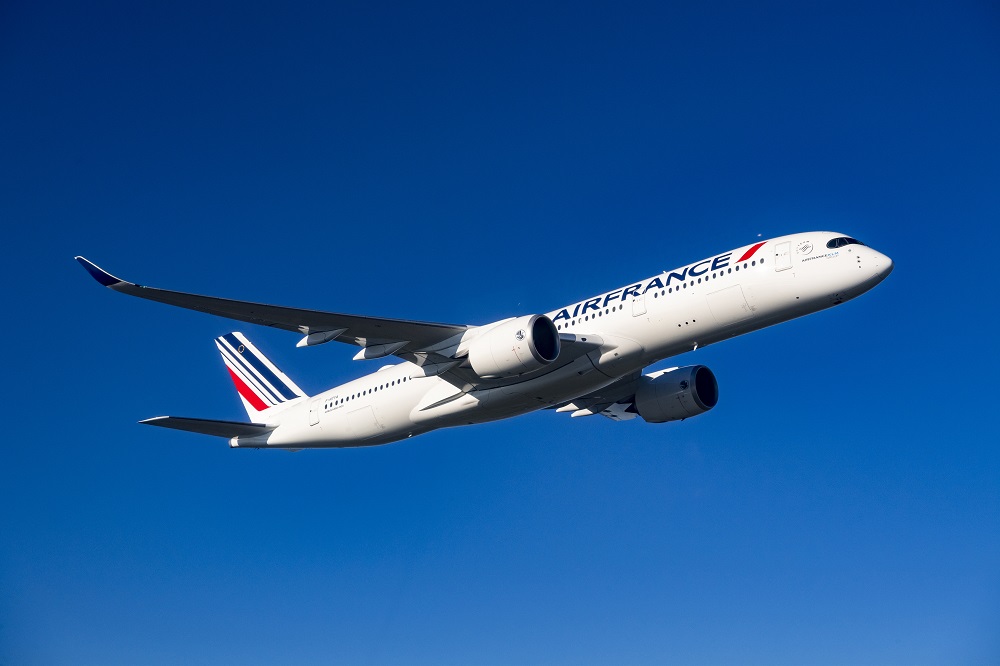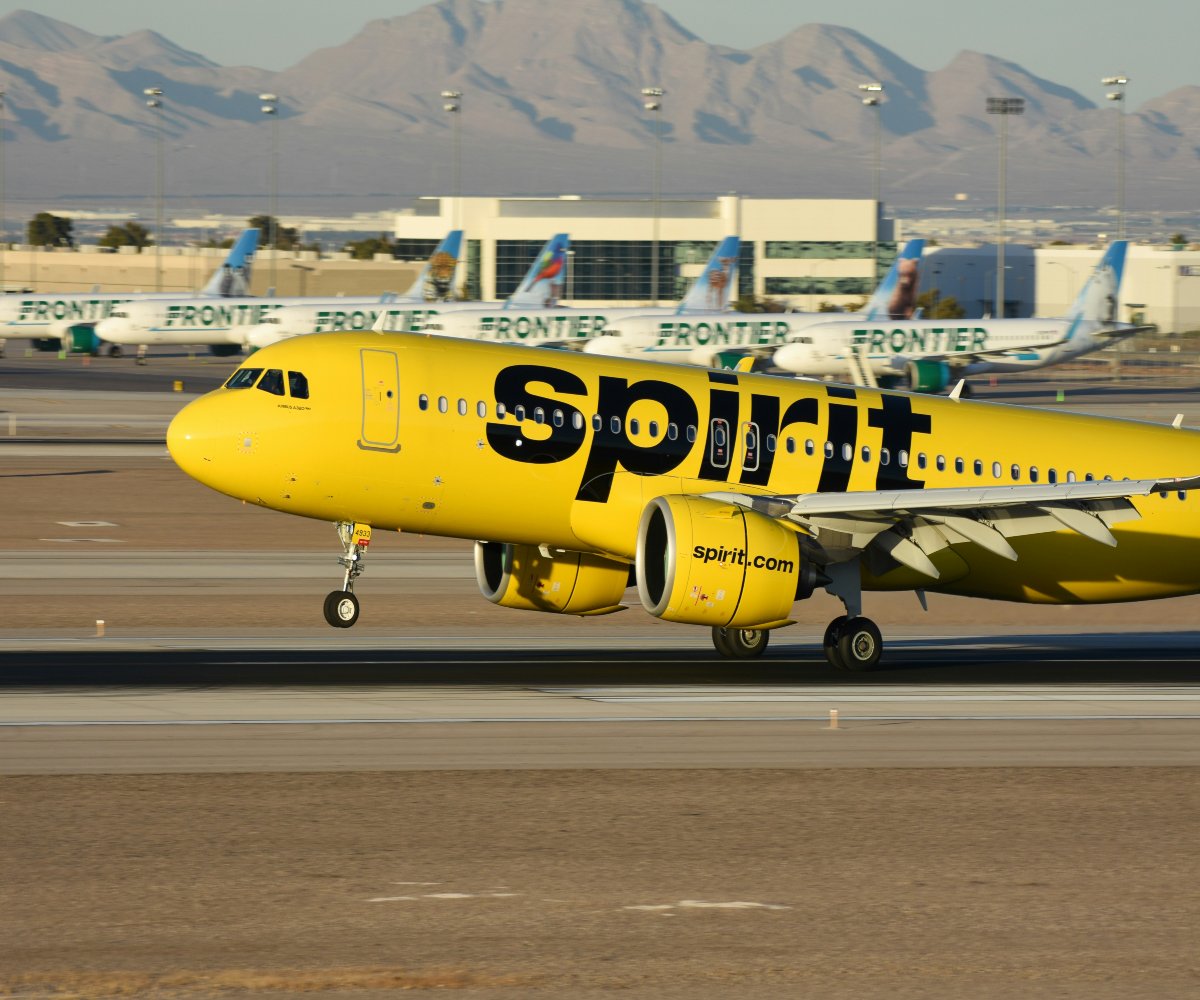On May 23, France’s government implemented a ban on domestic flights for routes that can be covered by sustainable travel by train in under 2.5 hours. This policy is part of its efforts to reduce airline emissions and promote sustainable travel options. The measure is in line with the commitment of France to combat climate change and achieve a 40% reduction in emissions by 2030.
For instance, consider the distance between Paris and Lyon, which is approximately 250 miles. While a flight between these cities would typically take around an hour and 10 minutes, the fastest train can transport passengers there in roughly an hour and 57 minutes. By encouraging travelers to choose trains for such short-distance journeys, France aims to minimize the carbon footprint associated with air travel.
The discontinuation of short-distance flights in France is a significant step toward achieving the emission reduction target. Direct flights between Paris and regional hubs like Nantes and Lyon (each around five hours away) and Bordeaux (nearly six and a half hours away) will be canceled due to the ban. However, connecting flights will continue to operate as usual, ensuring continued connectivity for travelers.
While there have been fewer flight cancellations than initially outlined in the 2021 climate bill, additional flights may be discontinued in the future if train services improve further. Some have argued that the ban’s threshold of 2.5 hours falls short when considering similar train journeys, such as from Paris to Marseille, a Mediterranean port city, which takes around three hours. To encourage passengers to opt for trains instead of short-haul flights, it is essential to enhance train services by increasing frequency, improving reliability, and ensuring seamless connectivity.
Advantage of Sustainable Train Travel
An advantage of train travel is that passengers should be able to complete a round trip between two cities within a single day. This allows them approximately eight hours to explore their destination, making it a convenient option for both business and leisure travelers.
Despite the environmental benefits, there has been opposition from certain segments of the aviation industry. Critics argue that the ban comes at a challenging time for the industry, which is still recovering from the impacts of the pandemic.
Some airlines requested that the European Commission look into the measure’s legality, even though it was included in a climate law for 2021 and was already in effect.
Laurent Donceel, the interim head of Airlines for Europe (A4E), has encouraged governments to prioritize “real and significant solutions” for reducing aircraft emissions, rather than relying solely on “symbolic bans.” Donceel told AFP that banning these short-distance flights would only have minimal effects on CO2 emissions and suggests exploring comprehensive approaches to address the issue.
RELATED: Sustainable Travel: The World’s Coolest Carbon Neutral Hotels





